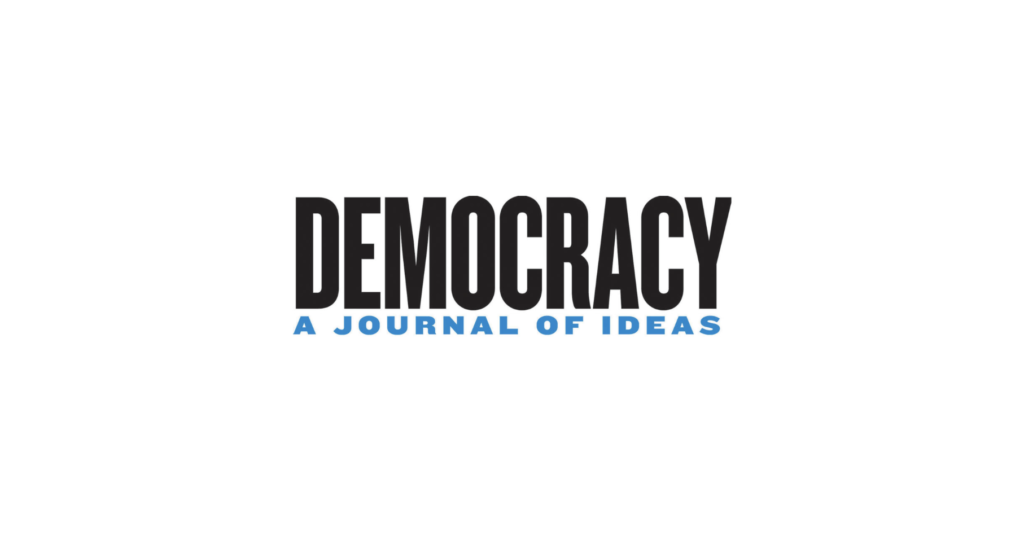Legislative Effectiveness: The Elements of Success
The Center for Effective Lawmaking (CEL) co-directors Craig Volden and Alan Wiseman recently wrote an essay titled “Legislative Effectiveness: The Elements of Success” which was published in the Summer 2024 issue of the quarterly political journal Democracy as part of the symposium “Revitalizing Political Leadership.” The article examines the role of state legislatures in developing effective lawmakers at both the state and federal levels, based on the analysis of the CEL’s Legislative Effectiveness Scores (which measure lawmaking effectiveness of members of Congress) and the newly-released State Legislative Effectiveness Scores (which measure the lawmaking effectiveness of state legislators). Among the key points in the essay:
- The most effective lawmakers are those who specialize in particular policy areas, drawing insights from their prior professions, their district concerns, and/or their committee assignments.
- Members of Congress who attract bipartisan co-sponsors to their bills are more effective lawmakers, and bipartisanship is valuable in advancing one’s agenda for members of both the majority and minority parties.
- Ideologically moderate legislators in state legislatures are more effective at advancing their bills than are those more ideologically extreme legislators.
- In those states where the majority party exerts strong control over the legislative process (i.e., which bills can come out of committee), minority party members find their bills failing to advance very far, which can lead to worse policy outcomes and a diminished capacity for governance.
- Members of Congress who were previously highly effective lawmakers in more professionalized (full-time) state legislatures tend to be more effective lawmakers after being elected to Congress than those members who were less effective lawmakers in more professionalized legislatures, or who previously served in citizen (part-time) state legislatures.
The co-directors conclude the essay by pointing to how their research might be used by legislative training groups, good governance organizations, and the media to help inform potential and new legislators about the important knowledge and skills needed to succeed in legislative bodies.
To read the full essay, go here.
To read other essays within the symposium, go here.



